Your skin changes a lot from season to season. It can get dry or oily. Sometimes, it can even change color. We're all familiar with tans and sunburns, but did you know that freckles are also caused by the sun?
You've probably already connected the dots, so to speak, if you have freckles yourself. On your face, freckles come out when the sun's out, too, because UV rays cause your pigments to darken. So, if you do develop freckles, don't forget to put on enough sunscreen.
While they can be a symbol of better weather, they aren't always the favorite attribute of people who have them, especially little kids. However, most people learn to love them as they get older and realize freckles make them unique.
With that said, freckles are usually nothing to worry about. They are extremely common, mostly seen on people with fair skin. But nearly anyone can get them, depending on genetics.
In fact, freckles are so common that you've probably never thought about them much, even if you have them. Turns out, freckles actually say a lot about you and your health.
Thumbnail Photo: Pixabay / Foundry , Public Domain Pictures / Виталий
What Are Freckles?
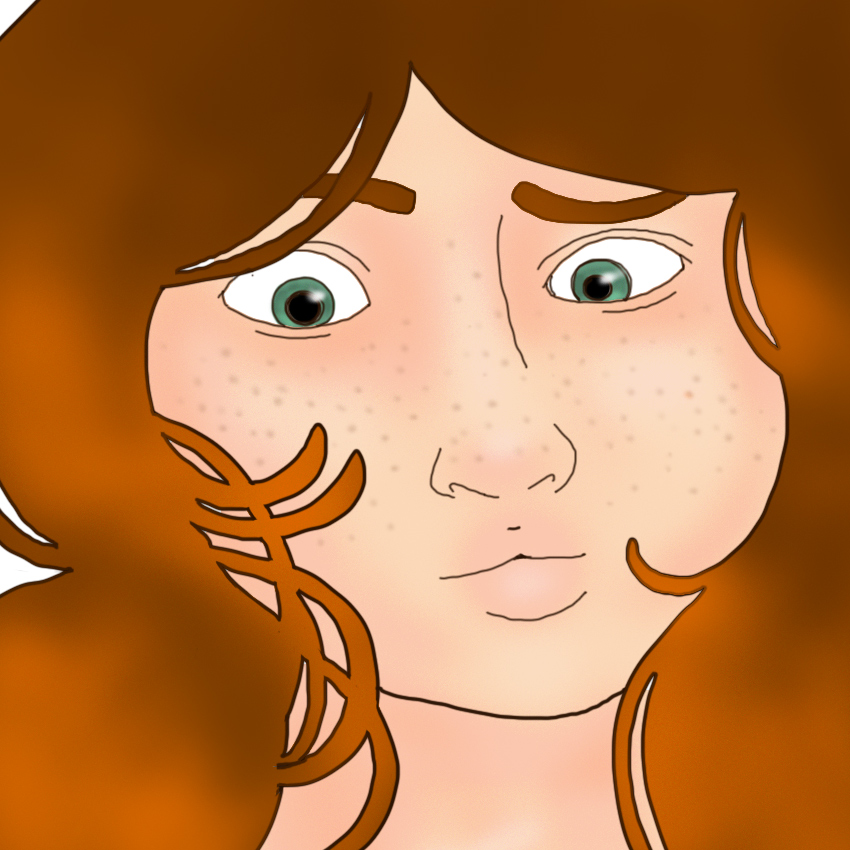
We all know a freckle when we see one, but why do they exist?
According to DermNet NZ, freckles are "small, flat brown marks arising on the face and other sun-exposed areas."
The UV rays in the sun accelerate the process of pigment accumulation. That's why freckles pop up in sun-exposed areas.
1. They Might Be An Indication Of Aging
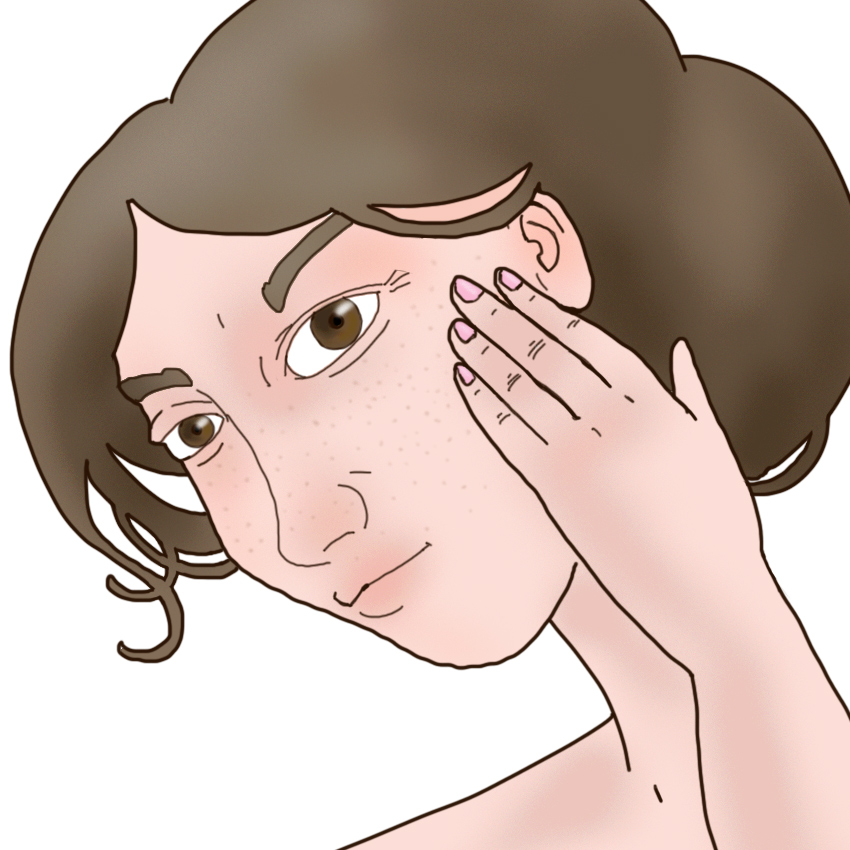
For the most part, freckles are small spots. However, some can be bigger, and the technical term for these is lentigines.
DermNet NZ explains that these usually form during middle age, in areas that are subject to prolonged sun exposure.
These are not necessarily a sign of cancerous cells, but it's a good idea to consult a doctor if you tend to have larger freckles — and make sure you get frequent skin screenings.
2. You Probably Have Fair Skin And Light Eyes
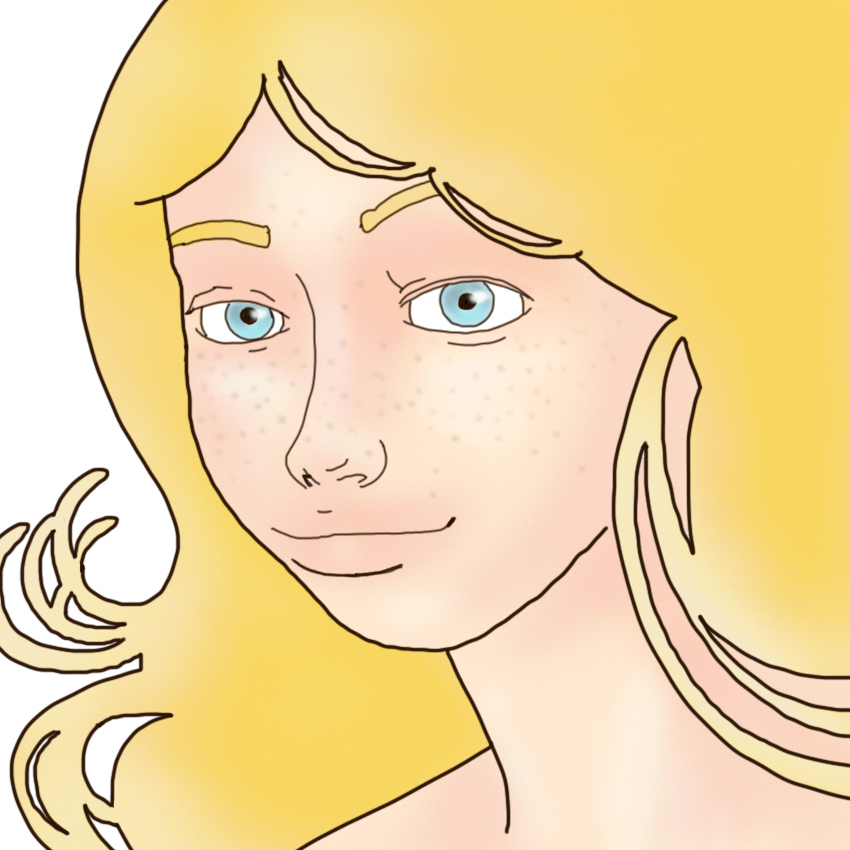
Freckles can occur in anyone, but they tend to be more common in people with pale complexions: lighter hair, skin, and eyes.
People with red hair also have a strong genetic predisposition toward freckles.
3. You Weren't Born With Them
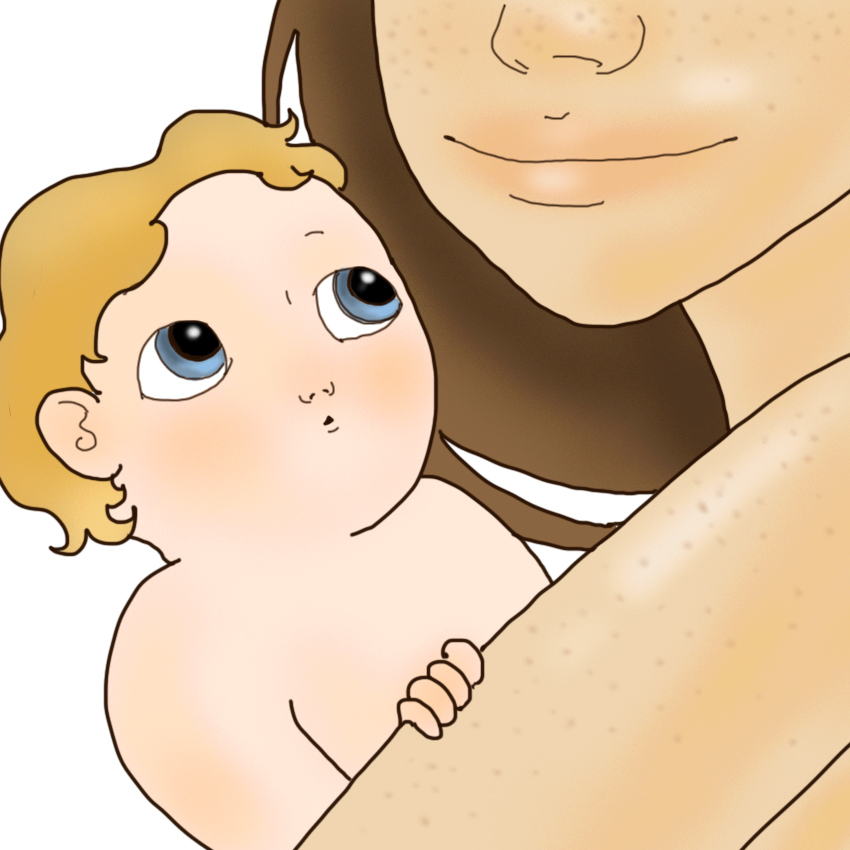
Have you ever noticed that the baby-soft skin on infants never has freckles? That's because no one is born with them.
Joyce Teng, head of pediatric dermatology at Stanford's Children Hospital, says this is because freckles are caused by sun exposure in predisposed people.
Since babies aren't usually out in the sun, they don't develop freckles. They're never born with them because you definitely don't get sun inside the womb.
4. A Type Of Freckle Is Seasonal

There are two basic kinds of freckles and, according to MedicineNet, the first and most common type is called ephelides.
These spots are around the size of the head of a nail. They are usually brownish in color.
These small freckles are seasonal — and come and go with the sun.
5. The Second Type Of Freckle Is Liver Spots
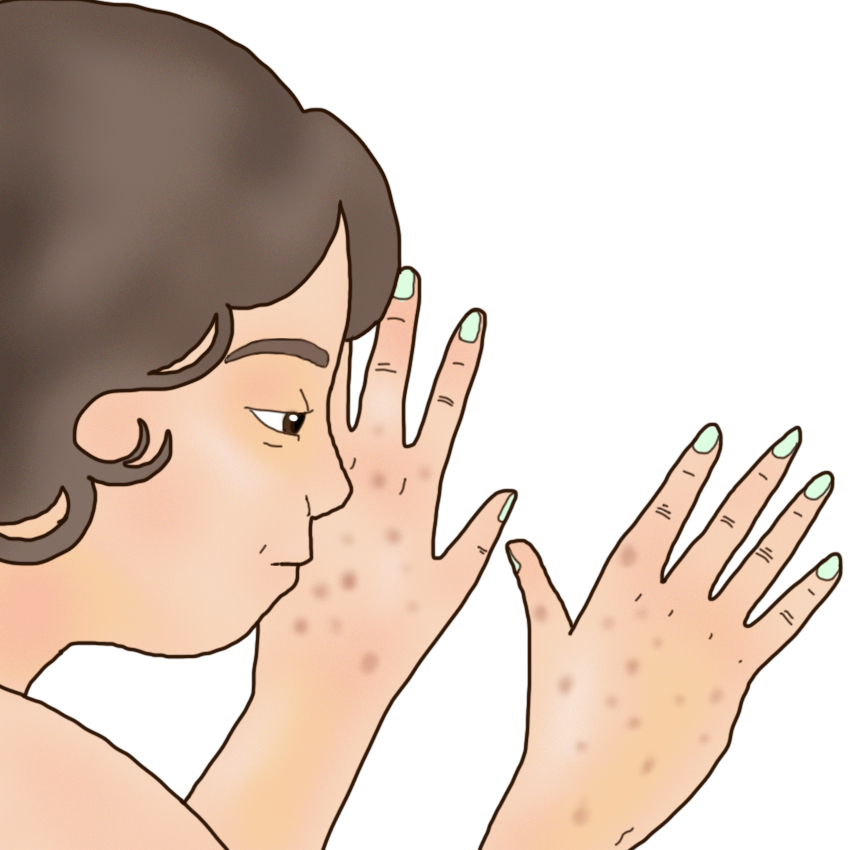
The other common type of freckle is commonly called liver spots.
Unlike the other kind, these do not fade during the winter and tend to be a little larger. MedicineNet explains this is because it's a sign of prolonged sun exposure.
6. They Make You More Resistant To The Sun
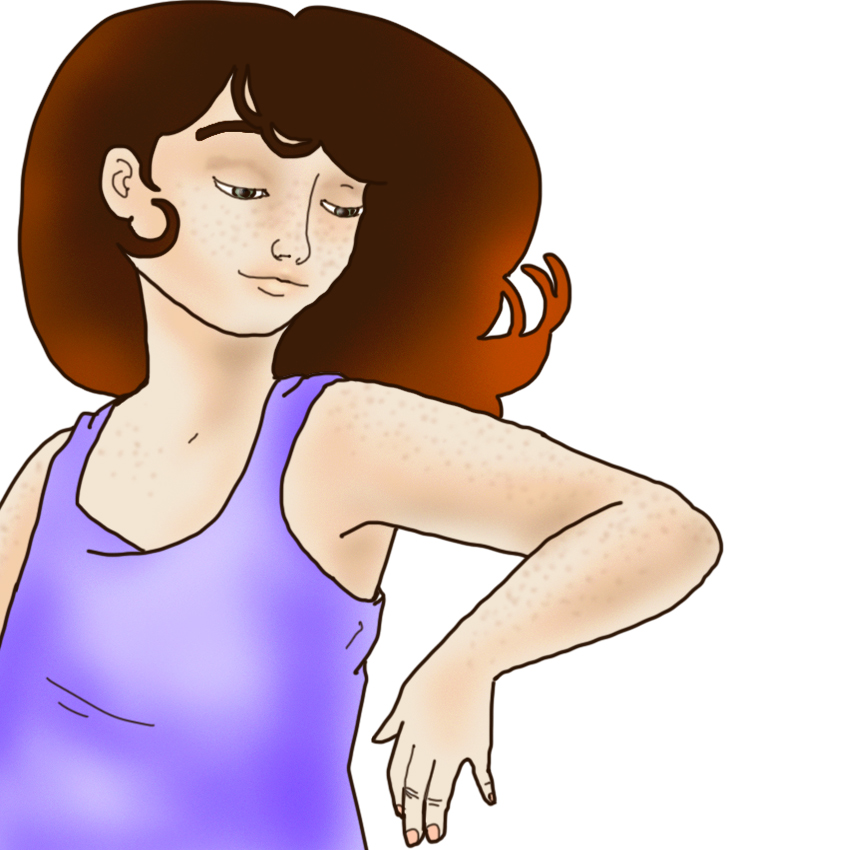
Freckles are actually some of your best natural defense against the sun's harmful rays. Of course, it's a good idea to wear sunscreen all the time anyway.
The pigment in your freckle-prone areas becomes darker and, hence, more protective against the UV radiation.
7. They Are Caused By Dominant Genes
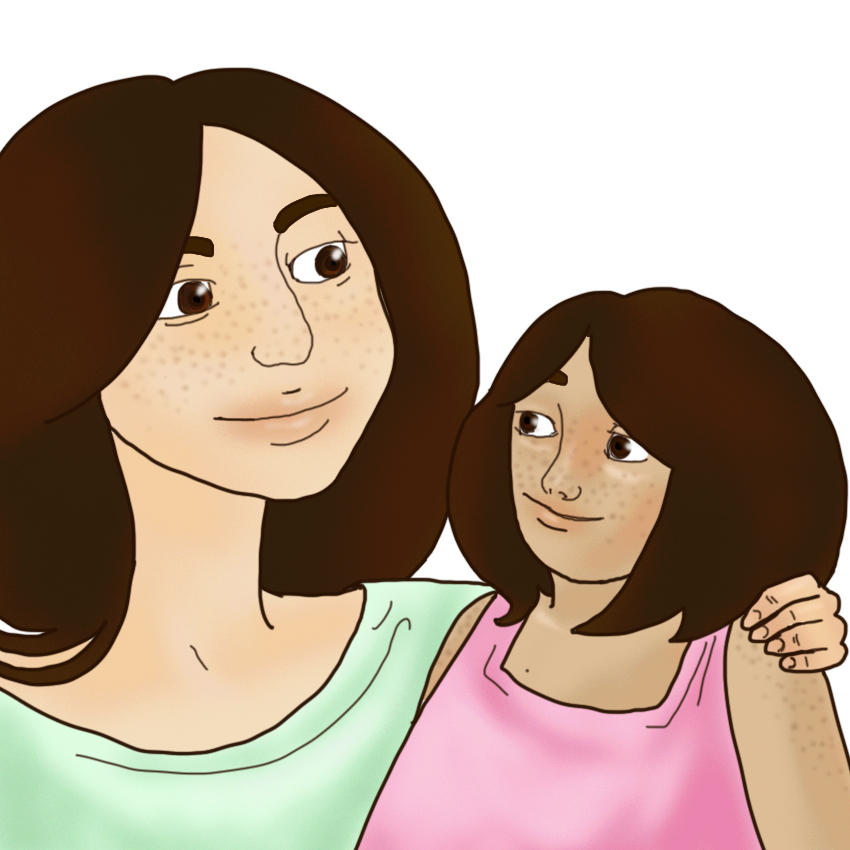
If you have freckles, your mom and dad probably do, too — or had them at some point in time.
The gene that causes freckles is dominant, according to Blinn College. This means that you and you family can enjoy your freckles together.
Make sure to SHARE this story with your friends with freckles!




